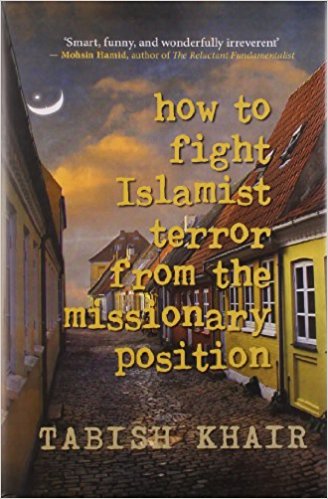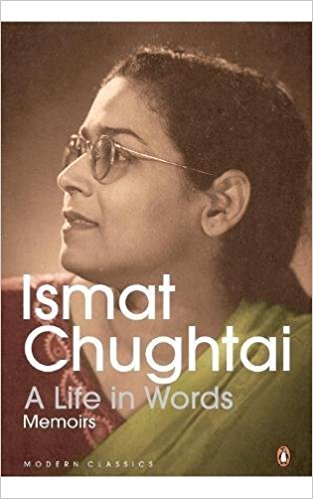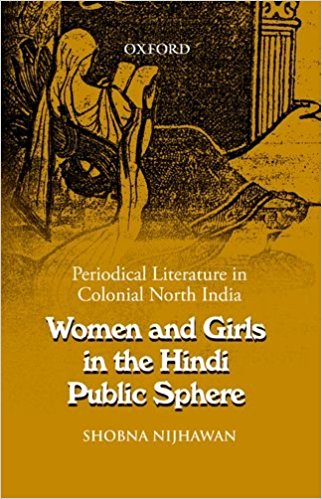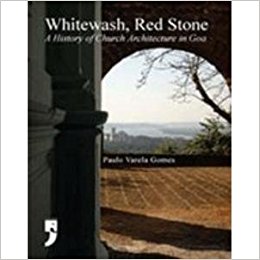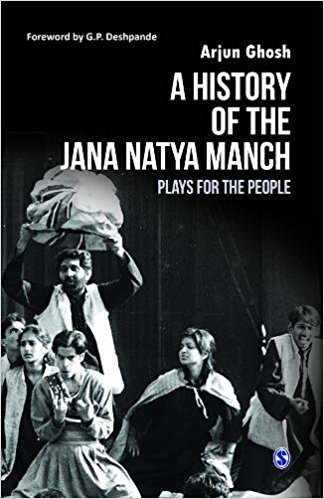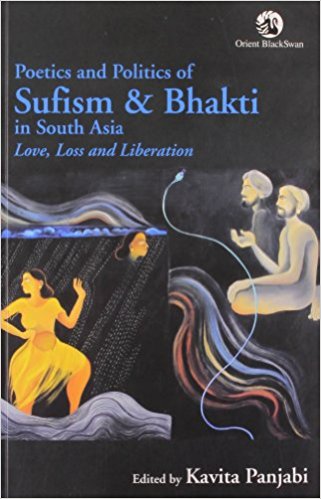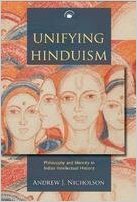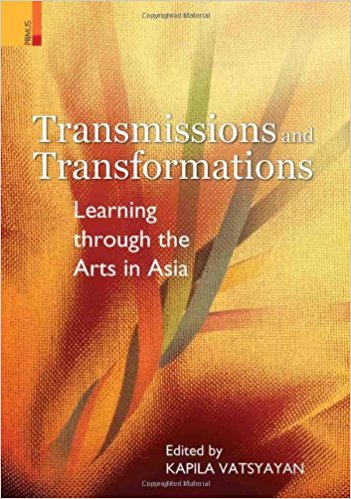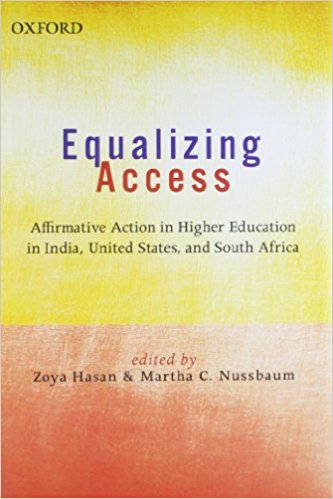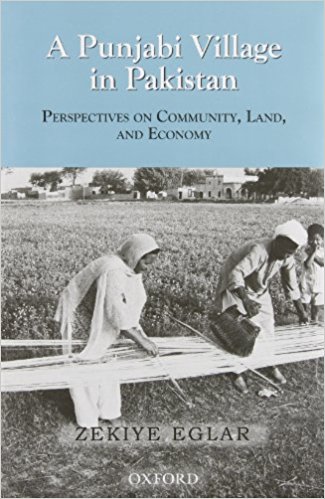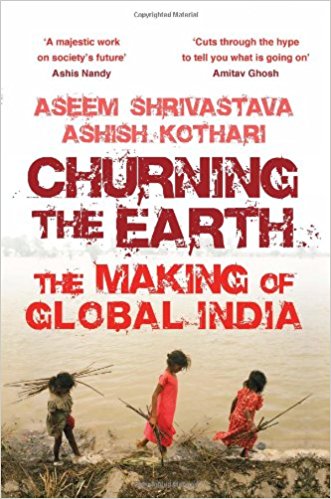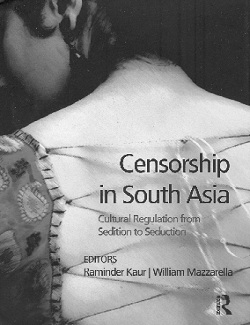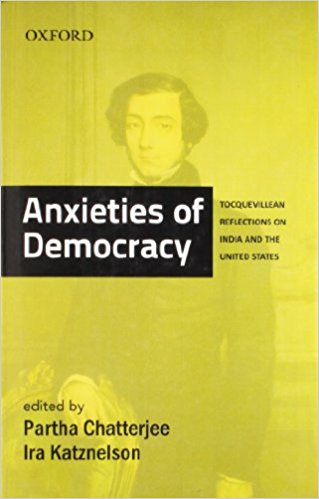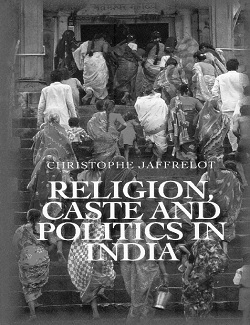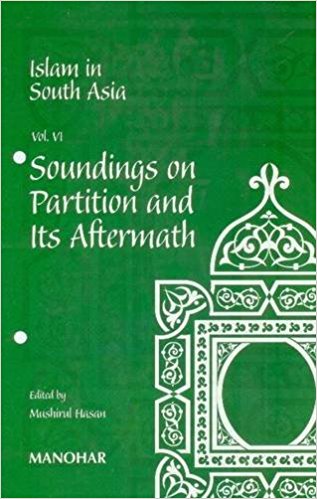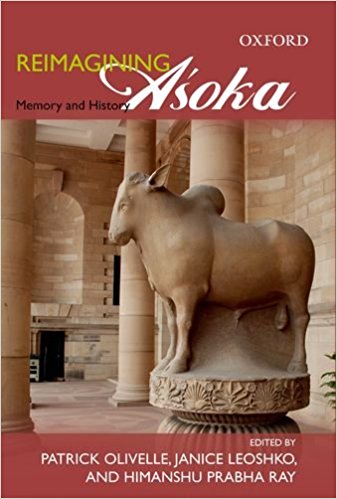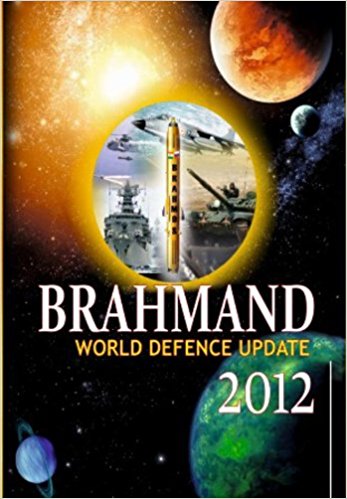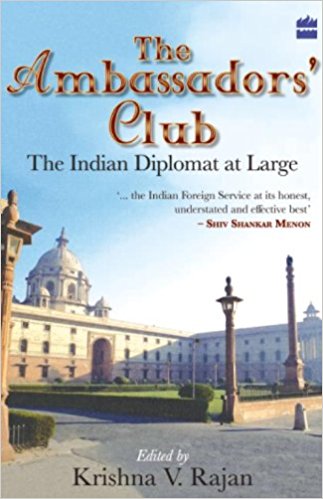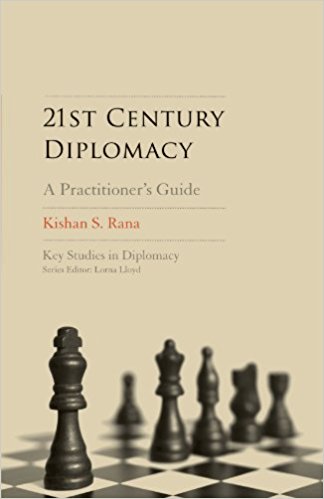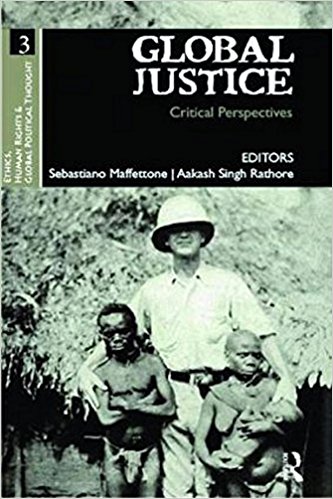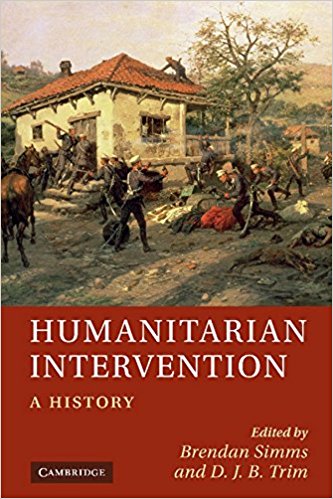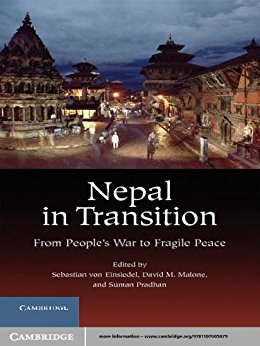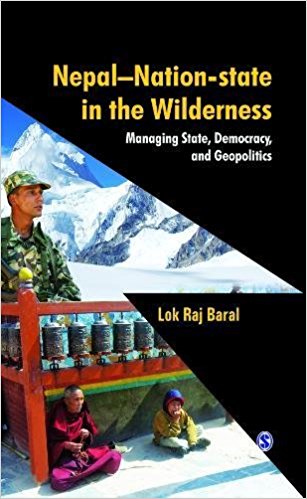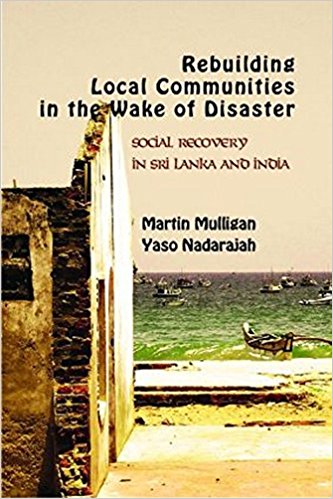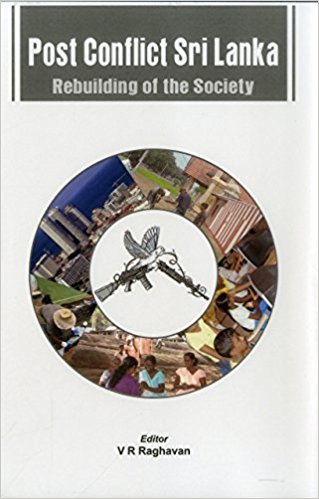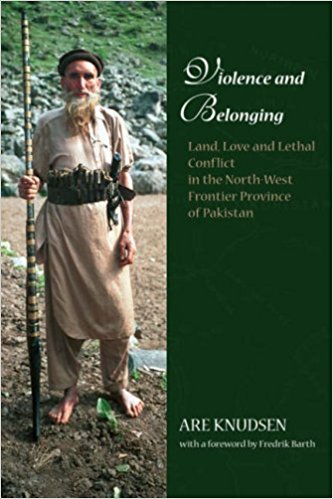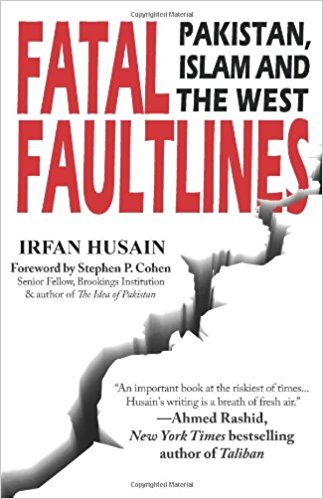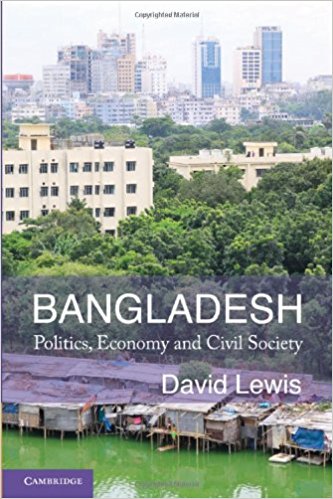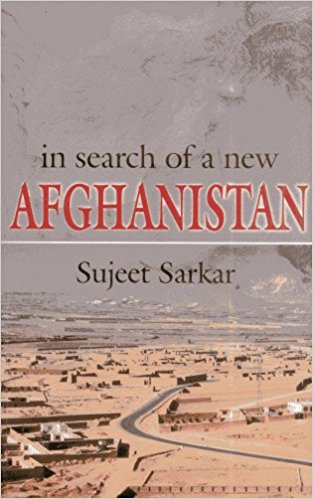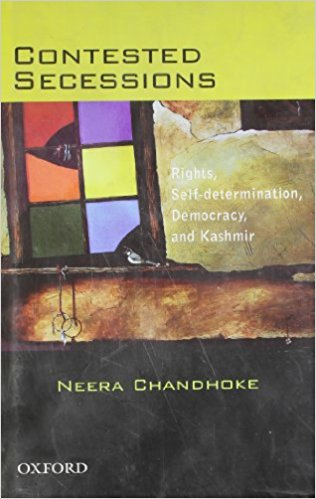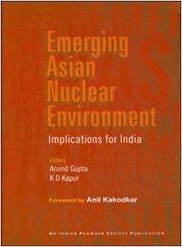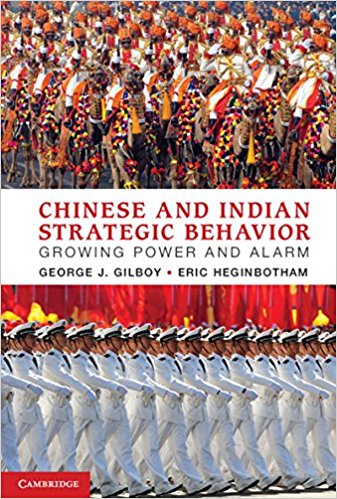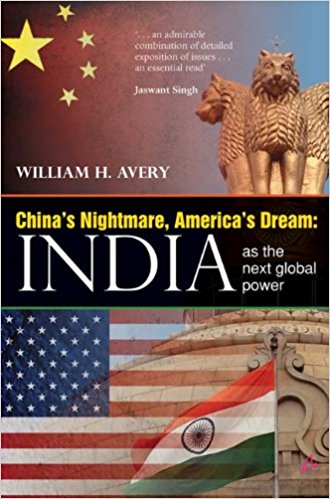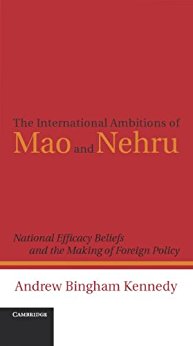Tabish Khair’s fourth novel is a brilliant piece of satire on Islamic terror and Islamism and how the West perceives, as also reacts to the two, post 9/11.
Archives
September 2012 . VOLUME 36, NUMBER 9Ismat Chughtai (1915-1991) is easily one of the most well-known Urdu writers from India in the twentieth century. Mostly renowned for a few of her short stories such as ‘Lihaaf,’ it goes without saying that she was a writer who was much, much more than that.
Feminist historians have particularly problematized the use of conventional archives by scholars, pointing to its dangers and limitations. They have made a strong case for expanding our archival arenas, to include material not conventionally regarded as archival.
The evocative title of this scholarly work captures with immediacy a vision of Goan churches standing tall and white on red earth surrounded by a lush green landscape.
In 1942, artists who had been inspired by the freedom movement, by the anti-fascist struggle and by the sweep of Communism formed the Indian People’s Theatre Association (IPTA). Among their serried ranks were Prithviraj Kapoor, Ravi Shankar, Utpal Dutt, Ritwik Ghatak and so many more familiar and unfamiliar names, whose talents built up the various culture industries of Independent India. They wanted to make art that was socially relevant and that was in some way an adjutant to the freedom movement. The Bengal Famine of 1943 provided them with the spur.
This is a book with big ambitions. Aware of the enormity of her task, Kavita Panjabi, its editor, has done her best to squeeze the universe into a ball—in the form of a fifty page introduction.
Andrew Nicholson’s Unifying Hinduism:Philosophy and Identity in Indian Intellectual History is an ambitious work, closely and densely argued, from which, as a scholar working on North Indian bhakti traditions and on Indian Modernity, I have learnt much.
Kamala Devi Chattopdhyaya, a pioneer of ‘cultural revival’ and a life-long devotee for cause of traditional arts and crafts in India remarked in 1983 that ‘dance is today married to public performances just as education is to jobs.
2012
This volume is the product of a conference with the same title jointly organized by the University of Chicago and Jawaharlal Nehru University, held in New Delhi in 2008.
This is the first ethnographic study of a Muslim village in Punjab, based on field work done by Dr. Zekiye Eglar, a Turkish scholar of Azeri origin in the early fifties (1950—mid-1955), which was submitted as a doctoral thesis in the Columbia University,
What does one say about a book that got a rave review from Amitav Ghosh even before it hit the stands? A book that Ashish Nandy describes as ‘a majestic work on society’s future?’ A book that Aruna Roy, Jean Dreze, Amit Bhaduri, Justice Krishna Iyer and many other stars of the jholawala pantheon have praised in words that go well beyond the call of comradely duty?
The importance of this book lies in its unpacking the word ‘censorship’, which is commonly understood as the suppression of information, images or any other content, usually by the State or a State institution, on grounds ranging from obscenity to threat to national security.
It is pleasantly fortuitous to be able to review a book on democracy on the 65th anniversary of India’s Independence, especially as the India chapters of this book deal with the challenges our democracy has faced since the birth of the Republic.
India’s robust sense of accomplishment at being a functioning democracy amid much political chaos has tended in recent times to waver ever so slightly.
Representations of people and of the past have emerged out of diverse contexts and been put to varied uses and served various ends. Much time has passed since the colonial ethnographers constructed their understanding of people, customs, law, language, religious and caste beliefs for purposes of governance and control.
Barbara Metcalf’s work on Husain Ahmad Madani is part of a series called ‘Makers of the Muslim World’ published by Oneworld Publications and edited by Patricia Crone.
Having worked on the themes of Indian Nationalism, South Asian Islam, Muslim Communities, Partition, and related subjects for about three decades the historian Mushirul Hasan thought of bringing out a series of anthologies on Islam in South Asia which could put most of the shades of analysis pertaining to such explorations together in one place.
The late anthropologist Bernard Cohn famously referred to the Delhi Coronation Durbar as colonialism’s ‘hyperbolic historical fantasy’. There were actually three such Durbars in Delhi organized by respective colonial Viceroys, each expanding in scope and spectacle. The first was held in 1877 by Lytton, the second in 1903 by the widely unpopular Curzon.
One of the most heard-about figures in history is Asoka, the Mauryan king who ruled in the third century BCE. Ever since he was discovered in the nineteenth century by British scholars —or was it a case of invention?—he presented himself to different people in different ways.
The book is a compilation of the defence capabilities and defence economics of 165 countries across the world. Each of these countries has been profiled alphabetically in a manner that is both visually appealing and easy to comprehend and understand.
The attempt in The Ambassadors’ Club by Krishna Rajan to put down varied narratives from former Indian diplomats not just as memoires but a grassroots view of Indian foreign policy is most commendable and long overdue. I hope it is followed up.
Kishan Rana’s book 21st Century Diplomacy: A Practitioner’s Guide is essential reading for all who are diplomats, who may wish to become diplomats, and even for those who have been diplomats.
Global Justice: Critical Perspectives contains eight articles—four of them published previously and reproduced here and four of them written specifically for this volume. Peter Singer and John Rawls’s contribution to the global justice debate roughly around 1970s and onwards remains an overlapping theme through the book.
The debate over humanitarian intervention started soon after the death of the Cold War and slowly faded, like rigor mortis. This book is a collection of essays by West European historians outraged that both its advocates and opponents either deny or are unaware that, both as concept and practice, humanitarian intervention has a long and living history.
The Comprehensive Peace Agreement of 2006 ended the decade long conflict which had pitted the Maoists against the State in Nepal and claimed the lives of thousands of people.
Nepal is in a state of turbulent peace. Peace prevails, albeit negatively, with an overall decrease in the level of violent outpourings post the 2006 movement.
An unprecedented Indian Ocean tsunami created havoc in December 2004 in Indonesia, Sri Lanka and Southern India where thousands of people died and lakhs of people became homeless.
he Sri Lanka Army ended 25 years of Tamil separatist insurgency on May 19, 2009 when it defeated the Liberation Tigers of Tamil Eelam (LTTE).
In recent months, Kohistan, or the Land of Mountains, a remote area located in Northern Pakistan, has been making headlines for all the wrong reasons.
Fatal Faultlines is a lucid account delving into many difficult questions which lie at the heart of interactions between Islam, the West and Pakistan. These range from historical confrontation between Muslim and western civilizations and their impact on the current ‘dialogue’ between Muslim countries and the West.
As Bangladesh approached, and successfully crossed the 40-year milestone of its existence as an independent country, several non-Bangladeshi and expatriate-Bangladeshi authors have written comprehensively about this nation.
Among the many metaphors for Afghanistan, cross roads in the most commonly used. Now it can additionally be described as the junction point of intellectual and academic endeavour: on war and terrorism; on religion and fundamentalism; on conflict zones and instability; on institution building and State construction.
The security discourse of the first decade of the 21st century will be remembered for the enormity ofSeptember 11, 2001 manifest in the catastrophic and unexpected terrorist attack on the twin towers in New York—now enshrined in the US lexicon as 9/11.
The concept of self-determination generally implies that communities—ethnic, linguistic, regional or otherwise—should be left to themselves to choose the form of self-government that suits them best. But the ‘themselves’ are often politically, economically and socially too fragmented to come to a consensus on the best choice.
Nuclear weapons are here to stay in spite of the ‘global Zero’ initiative, enthusiastic support given to the ‘zero’ movement by US President Barack Obama, and the ever-increasing amount of international efforts that are under way to disarm nuclear weapons.
As the material power of India and China is being enhanced due to their economic growth rates in the last two decades, the established global power, the United States has been undertaking several studies and policy options to cope with the emerging actors in the international system.
The author is a strategic consultant to companies doing international business. He was in the US Foreign Service for some years and has worked in US missions in India and Sri Lanka.
This is the 50th year of the war that China imposed on India in 1962. Was the war itself and the resulting consequences—the effects of which are still with us, not least, in the form of a ‘trust deficit’ in our relations with China—because of Mao’s ‘martial efficacy’ beliefs in contrast to Nehru’s ‘moral efficacy’ beliefs?

